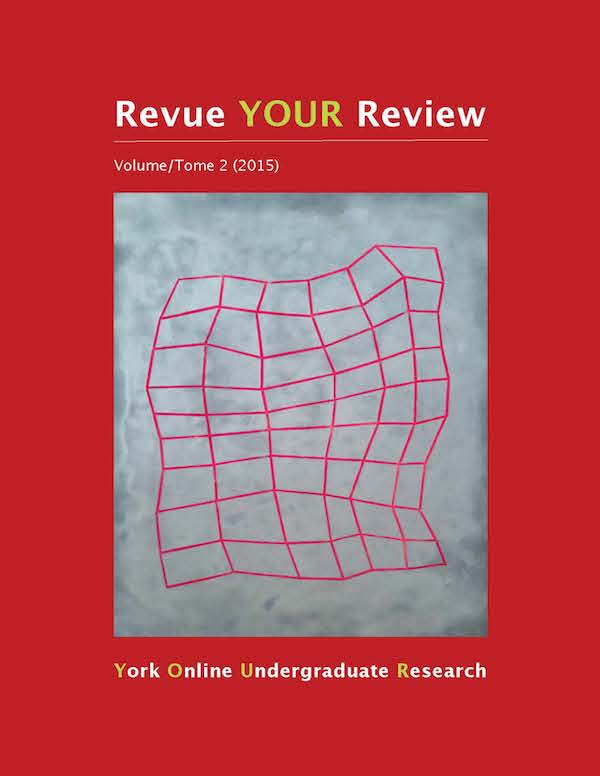Black Residents of Toronto and the Police
Résumé
Members of the Toronto Police Services serve and protect Torontonians. They engage in “carding,” which is the act of randomly stopping people and getting their information to create a database that later helps in police investigations. The Toronto police contend that these random stops alleviate crime and keep residents of Toronto safe. However, the outcomes of carding are grossly disproportionate with the aims of the practice. Studies reveal that 44% of people of colour reported being stopped by the police at least once whereas only 12% of white people reported being stopped by the police. The overrepresentation of people of colour in these procedures shows that racial profiling occurs in the system. Black Torontonians are stopped and questioned by the police not necessarily in relation to a crime, but based on assumptions and stereotypes about people of colour. This research is founded in various scholarly secondary sources as well as news articles on the topic. The goal of this research was to explore the broader implications of racial profiling in the daily lives of people of colour and how this might contrast to the dominant group in society. This research examines gender, race, and social class in relation to police carding.
Téléchargements
Comment citer
Numéro
Rubrique
Licence
Les auteurs qui contribuent à la Revue YOUR Review acceptent de publier leurs articles selon une des trois catégories de la licence 4.0 : Creative Commons Attribution 4.0 International; Creative Commons Attribution-Pas d'Utilisation Commerciale 4.0 International; ou Creative Commons Attribution-Pas de Modification 4.0 International. Tout contenu éditorial de ce site ainsi que les affiches et les résumés sont sous la licence Creative Commons Attribution-Pas de Modification 4.0 International. Pour plus d’informations, veuillez voir :
https://creativecommons.org/licenses/
Dans tous les cas, les auteurs conservent leurs droits d’auteurs et concèdent à la Revue YOUR Review le droit de première publication. Les auteurs peuvent, par la suite, conclure d’autres accords de distribution non exclusifs de la version publiée dans ce périodique (par exemple, l’afficher à un dépôt institutionnel ou le publier dans un livre ou dans un autre périodique) à condition que la reconnaissance fasse mention de la publication originale dans la Revue YOUR Review.


